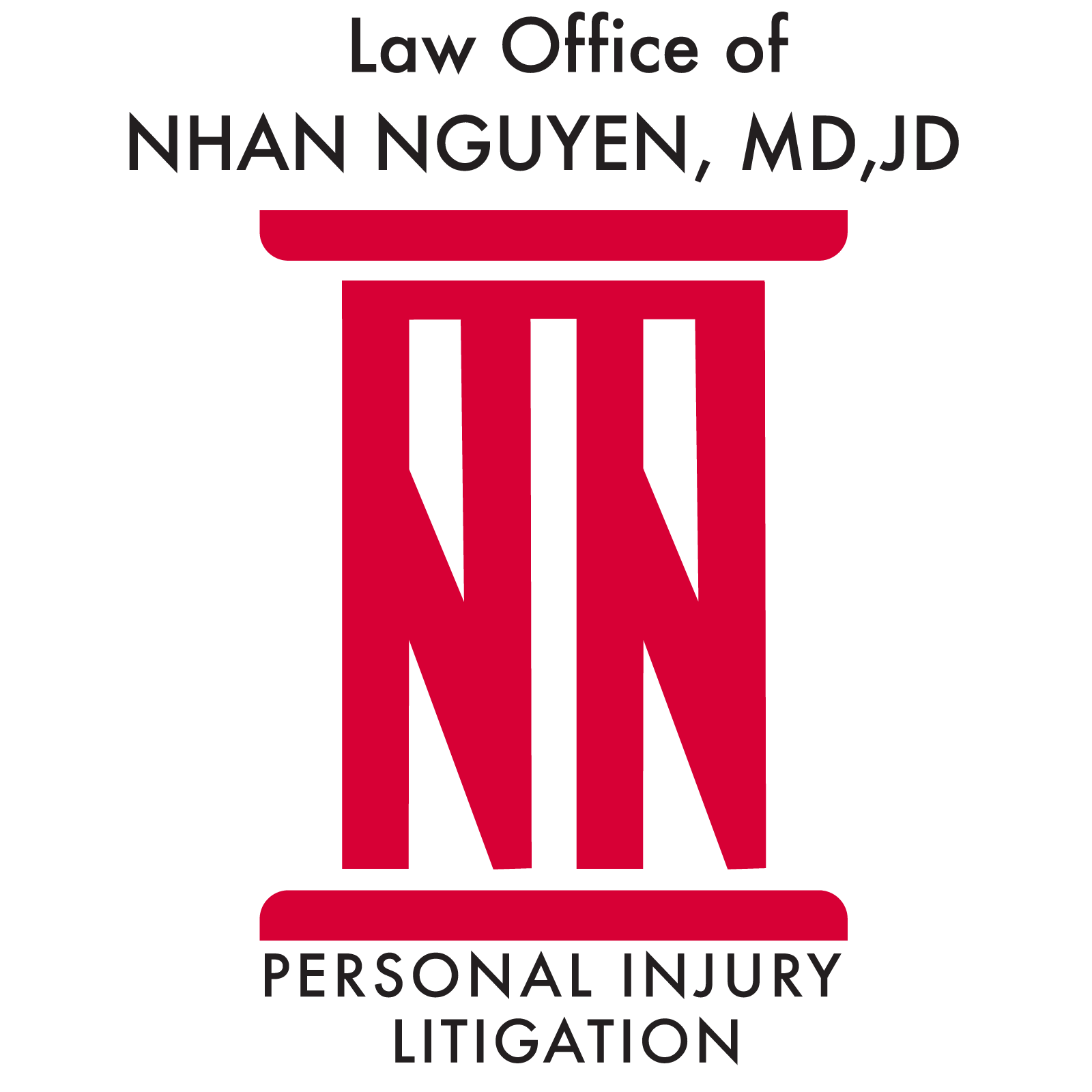When you are involved in a Texas car crash, you have to determine who is at fault in order to file an insurance claim, and this is the rule under Texas’ fault-based insurance law. The law allows the injured victim to hold the at-fault party responsible for any injuries or damages. However, determining fault is not always simple, and this is particularly true for lane change car accidents.
Texas’ Lane-Change Law
If the driver who caused the crash breaks a law, he or she is liable. Under Texas Revised Statutes Section 545.060, it is stated that a driver is required to keep a single lane when practical when on a road laned for traffic. A driver can only move from his or her lane when the maneuver can be completed safely. In order to determine if a lane change is safe or not, the driver must complete a few basic tasks:
- Checking to ensure there is room in the destination lane to allow the lane change
- Using a turn signal to show the intent to change lanes or merge
- Yielding the right-of-way to existing traffic when merging
- Using the correct speed to make a lane change
- Maintaining a safe following distance from other cars
- Checking the rearview, side mirrors, and blind spots for vehicles
- Changing lanes slowly and carefully
If a driver in Houston breaks any of these rules, that driver would be liable for any resulting car accident. If you were involved in this type of car crash, it is crucial to contact the authorities so that the officer can ticket the other driver for a moving violation. A traffic citation can be used as evidence against the driver during your personal injury claim.
Distracted Driving
Distracted driving is a typical cause of lane-change crashes in Texas, and a distracted driver is unable to pay attention to his or her surroundings, meaning they cannot safely execute a merge or lane change. The driver may fail to notice a car in their blind spot or may not recognize another driver is moving into the same lane.
A driver who is distracted by using a cellphone, texting and driving, eating or drinking, messing with the radio, looking at a GPS, reading a billboard, or some other activity while behind the wheel may be unable to ensure that it is safe to make a lane change. In this case, the distracted driver would be responsible for any resulting car accident.
Can Both Drivers Be Responsible for a Texas Car Accident?

If two drivers move into the same lane at the same time, a lane-change collision case can become complicated quickly. In another case, when only one driver makes a lane change, liability would go to that driver because it is his or her responsibility to change lanes safely. However, if both drivers change lanes simultaneously, determining fault can be more complicated.
Fault may be assigned to both drivers if they share partial blame for the accident. Texas has a modified comparative negligence law where the plaintiff and defendant may share fault for an accident. In such a case, the plaintiff would still be able to recover lost compensation — even if they are partially at-fault for the crash — as long as the level of fault does not exceed 50%. However, any compensation will be reduced by the percentage of fault.
Contact a Houston Car Accident Lawyer
It can be difficult to navigate Texas’ liability laws in any kind of car accident case. If you were injured in a crash changing lanes, it can prove even more complicated. Consult with a car accident attorney in Houston for help with this type of claim. Your attorney can thoroughly investigate your accident, collect evidence that the other driver is at fault, and help you with the injury claim process.
Car Crash Attorneys in Houston
The team of Houston car wreck lawyers at West Loop Law and the Law Office of Nhan Nguyen, MD, JD can help you recover after being unfairly injured by a reckless driver. Nhan Nguyen, MD, JD, Nader Rabie, JD, and the rest of our team of experienced attorneys has over 14 years of combined experience, and we have the resources to pursue all possible avenues of compensation. Give us a call today at 713-840-7200 to discuss your case and see what we can do for you.


Recent Comments